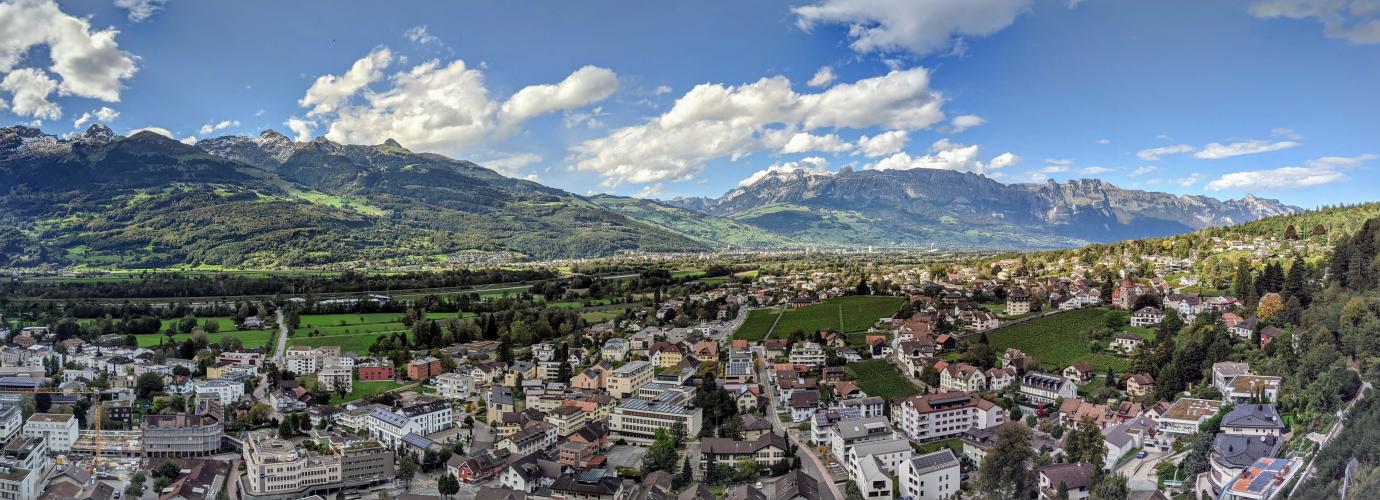Students assessment
At secondary level II the school report plays an important role in pupil assessment. Reports are compiled twice a year, at the end of each semester, and give an assessment of achievement, as well as pupils’ learning, work and social behaviour. The term reports provide the basis for the decision on a pupil’s advancement to the next higher grade, as well as offering additional information relating to a student’s progression to a higher level of education or into employment. The reports grade performance on a scale of 1 - 6 (6 = very good; 5 = good; 4 = satisfactory; 3 = unsatisfactory (1 minus point); 2 = weak (2 minus points) and 1 = very weak (3 minus points). Scores can also be given in half-points. School reports are normally backed up by teacher-pupil and teacher-parent assessment meetings. The marks in the separate subjects are determined by written and oral tests and exams. The report on the level of cooperation and general behaviour uses three terms: “Good”, “complaint”, and “serious complaint”. Students must produce regular evidence of achievement in all subjects in the form of written or oral tests, presentations and seminar papers. The end-of-term reports give an account of the proven achievements in the individual subjects during each semester. The marks may only be given as full- or half-marks. The same applies to the Vocational Baccalaureate School. The subject areas are covered in the form of modules and can be repeated individually if a student fails to pass one or the other.
Progression of students
In the upper level of the Gymnasium students are promoted to the next higher grade at the end of the school year if the average promotion mark is at least 4.0, no more than 2.5 minus points have been awarded and the number of “unsatisfactory” marks does not exceed 4.0. Students who gain a promotion average of at least 3.9 and/or have been given no more than 3 minus points, with the number of “unsatisfactory” marks being no higher than 4, are granted a provisional promotion. In all other cases students are not promoted. Admission criteria for the final exams (Matura) include attendance at and successful completion of the 6th and 7th grades of the Gymnasium and a positive assessment of the two project papers which have to be written in grades 6 and 7. The Matura certificate specifically names the subject(s) of these papers.
Certification
The final school leaving certificate of general upper secondary education is the baccalaureate (Maturität) respectively the vocational baccalaureate (Berufsmaturität), which allows for admission to any higher education programm without further examination. The baccalaureate is issued apon admission and successful pass of the final examinations. The final grading is the final baccalaureate examinations consist of written and oral tests. Admission and organisation of final examination at the Gymnasium are set out in the Ordinance on the Curriculum, Promotion and Matura in the Upper Level of the Liechtenstein Gymnasium. Admission and organisation of final examination at the Vocational Baccalaureate School are set out in the Ordinance on the Vocational Baccalaureate School. Successful pas of final exams requires a positive result in every subject, acceptance of the inter-disciplinary project work (IDPA), and a minimum of 85% attendance at all the lessons held. Organisation of the Matura examinations is the responsibility of a Matura Committee appointed by the government. The Committee has a membership of seven which is changed every four years. A representative of the Office of Education is an ex officio member. The school administrator (head teacher) has an advisory vote. The Matura committee is tasked with preparing, organising and evaluating the Matura examinations. It decides on admission to the Matura examinations and on the awarding of the Matura certificates.

